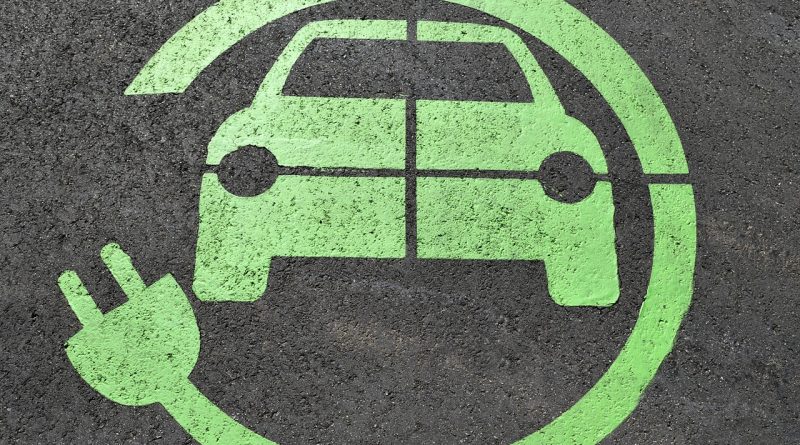Electric Cars – A Pipe Dream?
Electric vehicles are not new. Some of the first electric vehicles showed up in the 1830s. Back in the early days of trucks, some ran on batteries. But the batteries were heavy, and you needed a large number of them. A truck was the only vehicle that could carry its own power supply. Not only that, but just about everything that could have gone wrong for electric vehicles did go wrong.
First, Cadillac introduced the electric starter for combustion vehicles in the early twentieth century. That made combustion engines safer to operate, and removed a big argument for electric vehicles, even back then.
Second, improving the combustion vehicle was easier and cheaper. Ford made combustion vehicles cheap enough for just about any worker to afford. That cramped the electric vehicle market in a serious way.
Due to high fuel prices we are starting to see electric cars crop up again. The Toyota Prius is a hybrid–part electric, part gas-burning–but vehicles could make the move to entirely electric soon. So it’s smart to start thinking about electric cars as a viable option.
But do electric cars really make sense?
The biggest argument in favor of an electric vehicle is saving money on gas. But that argument might not wash, because the net savings over the time you own the car might be much lower than the savings per year might make you think. The problem starts with the purchase price of hybrids, which are close as you can get to an electric vehicle the average person can buy.
You’ll probably pay $3,000 more for a Prius than for a similar non-hybrid sedan. Let’s say you save $300 per year on gas by driving the hybrid. That means you’d have to keep your car for 10 years to break even. Only after that point do you start saving anything. Most people won’t keep their cars for over a decade, so they never see the savings on gas.
The second biggest argument in favor of an electric vehicle is saving the environment. But does it?
There are a couple varieties of electric vehicles on the market today, some costing less than others. Both use electricity to run, though, and most electricity comes from burning coal. Not only that, but manufacturing the batteries produces even more greenhouse gas emissions.
Based on where you’re charging your hybrid, your electricity might be produced by burning a significant amount of coal, and you might not be helping the environment at all. Your Prius might be responsible for generating as much greenhouse gas as any combustion car.
That does not mean electric vehicles are a pipe dream, but it does mean we have a ways to go before a truly environmentally friendly, economical electric car becomes a reality.


